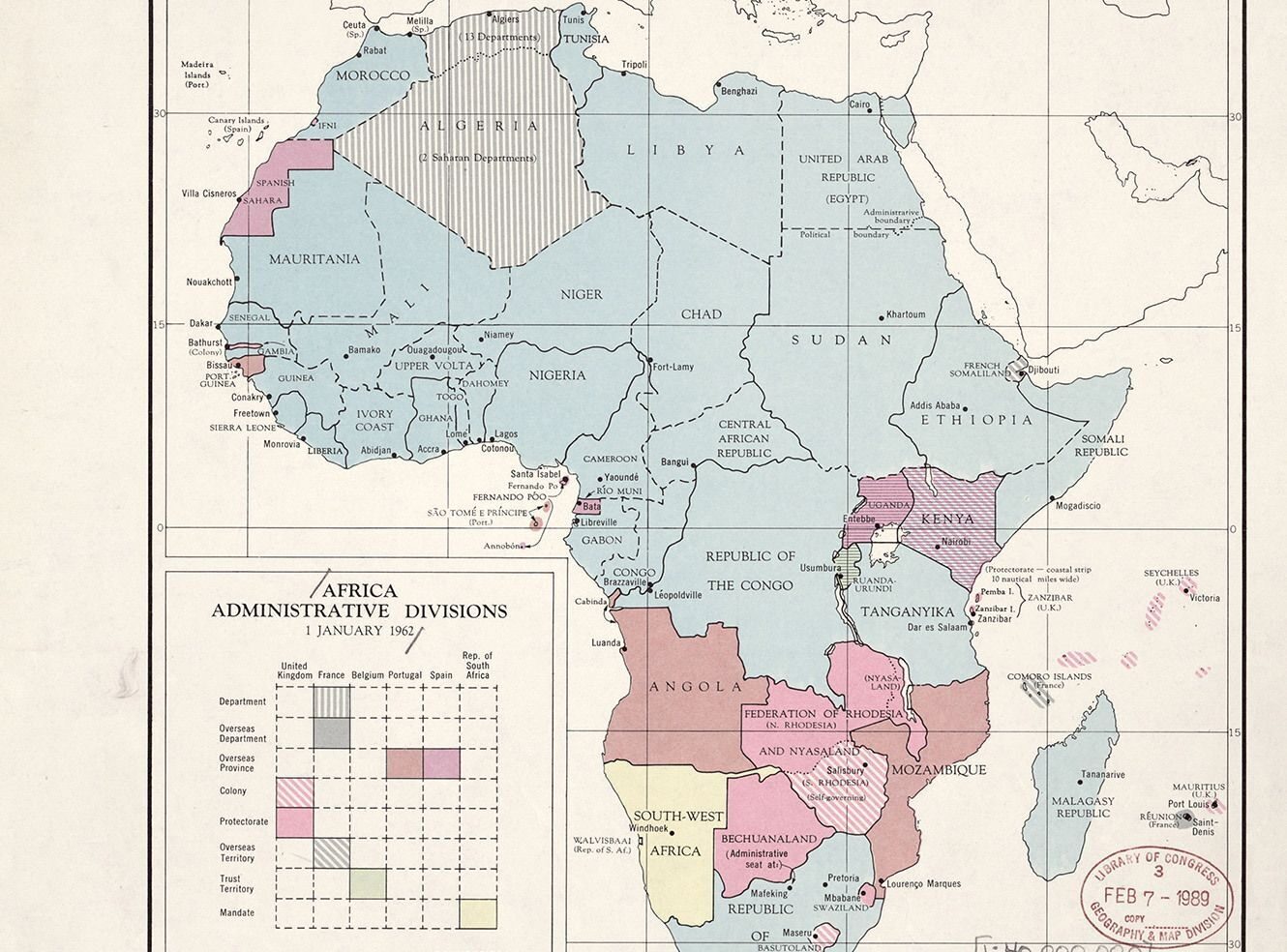Final module of Colonial Caribbean publishes to mark completion of major resource
AM has published the third and final module of its expansive Colonial Caribbean resource, the definitive collection of primary source material covering the period 1624-1870. Drawn from the vast records of the British Colonial Office held at The National Archives, UK, this unique collection documents the governance of 25 territories in the Caribbean, spotlighting a wide range of themes and narratives.
The third and final module focuses on the years 1850-1870, a turbulent period of economic decline and uprising across the region. Following the passing of the Slavery Abolition Act, which formed the central theme of the previous module, Module III, Economic Change and Indentured Labour, witnesses the rise of indentured labour, as the British government used transported labourers to prop up the plantations, reducing the bargaining power of newly freed slaves and impeding the Caribbean experience of emancipation. Against a backdrop of injustice, poverty, droughts, and pandemics, events led to widespread rebellion across the region, as documented in the archive.
Primary source materials contained within the collection include administrative documentation, correspondence, census data, draft bills, land board papers, legislative acts, maps and plans, medical reports, newspapers, petitions, and proclamations. The digital resource illuminates the period for students and researchers, unearthing narratives from within the archival material via a series of contextual essays and videos, language and terminology guides, a visual gallery, and an interactive chronology. As a collection of administrative government documents, the dominant narratives are written from a colonial perspective, but students are encouraged to contextualise the source material and engage in alternative view points and read against the grain.
Navigability and searchability functions provide powerful research opportunities. Search by governor, colony, file class, or theme, with multiple access points for students and researchers at different stages. Handwritten Text Recognition (HTR) uses artificial intelligence to enable search beyond metadata, enabling users to engage with the primary source material in new ways.
This publication brings to completion a unique and extensive collection which covers a hugely significant period in Caribbean history. From the turbulent years of early British settlement in 1624, through the rise and decline of the slave system and colonial rule, to the post-emancipation period and the legacy of indentured labour. It is an essential resource for students and researchers of the Caribbean and British colonial rule.
To find out more, or to request a free trial, visit the collection page here.
Recent posts

American Committee on Africa, module II highlights the organisation's activism against apartheid and for African democracy between 1981-2001. Featuring correspondence, reports, and media, it underscores ACOA’s impact and AM’s partnership with the Amistad Research Center.

Girlhood: Magazines and Print Culture explores representations of girls and young women in print media from the 1880s to 1990s. Examining evolving femininity, societal expectations, and resistance, the resource offers new insights for interdisciplinary research.
